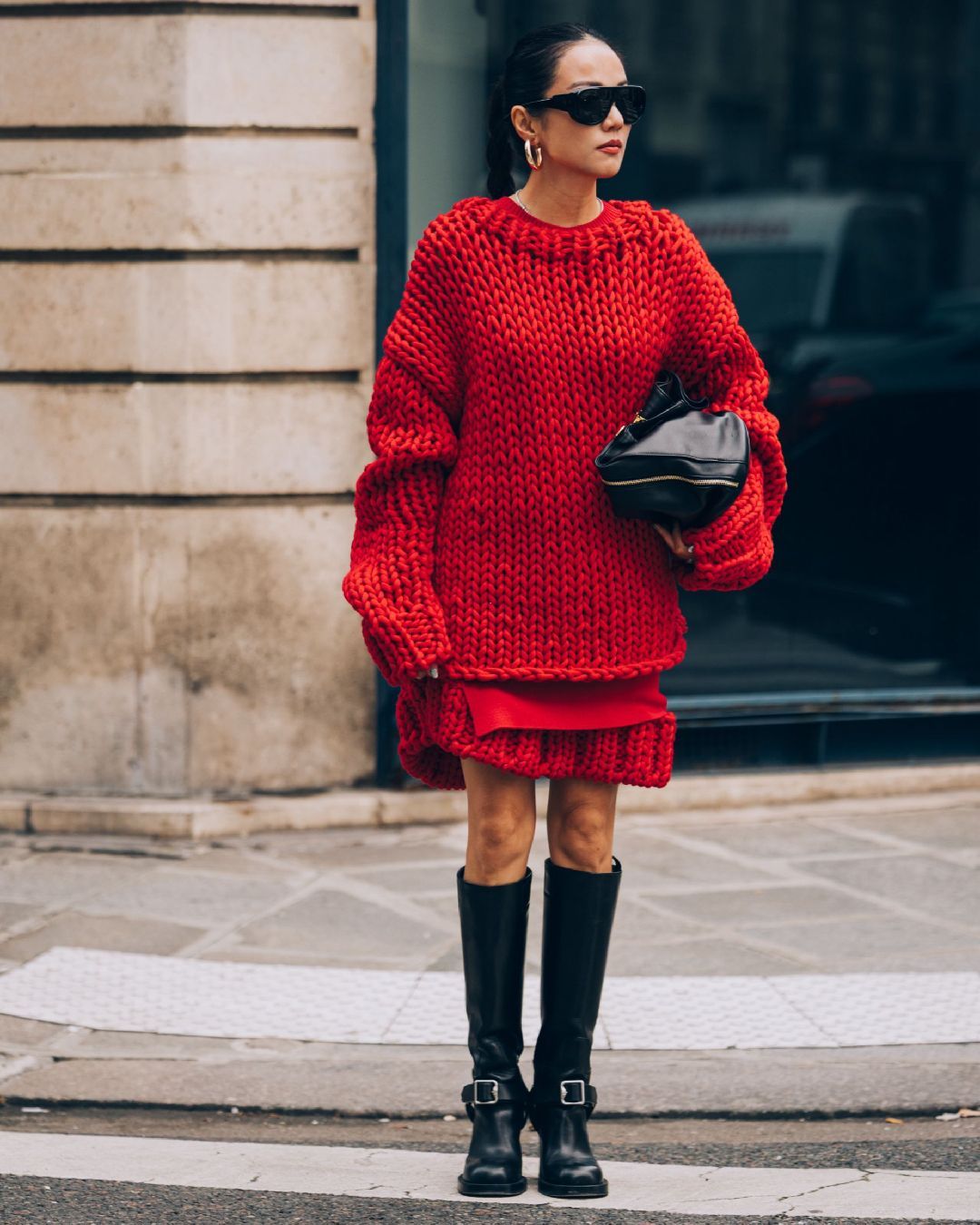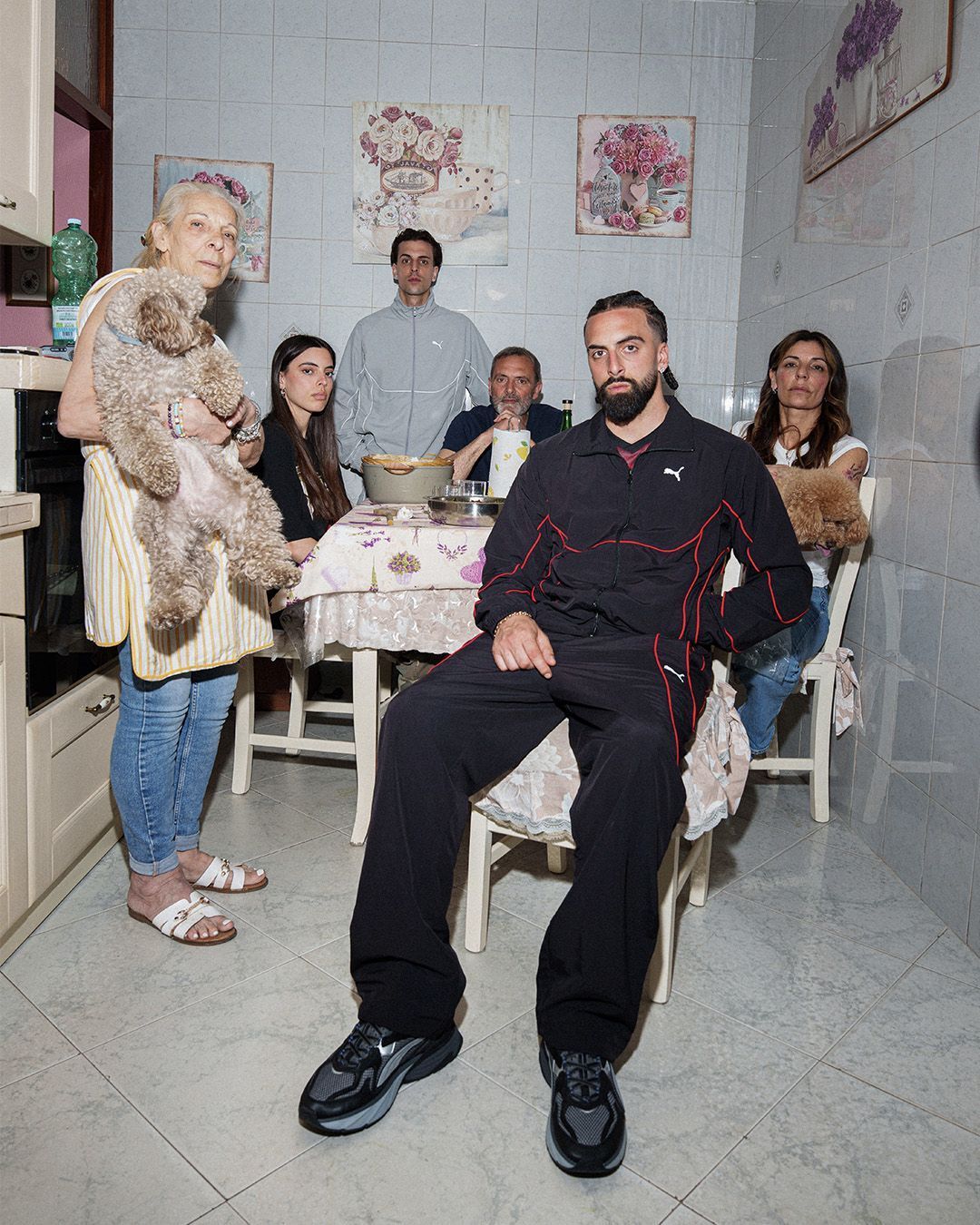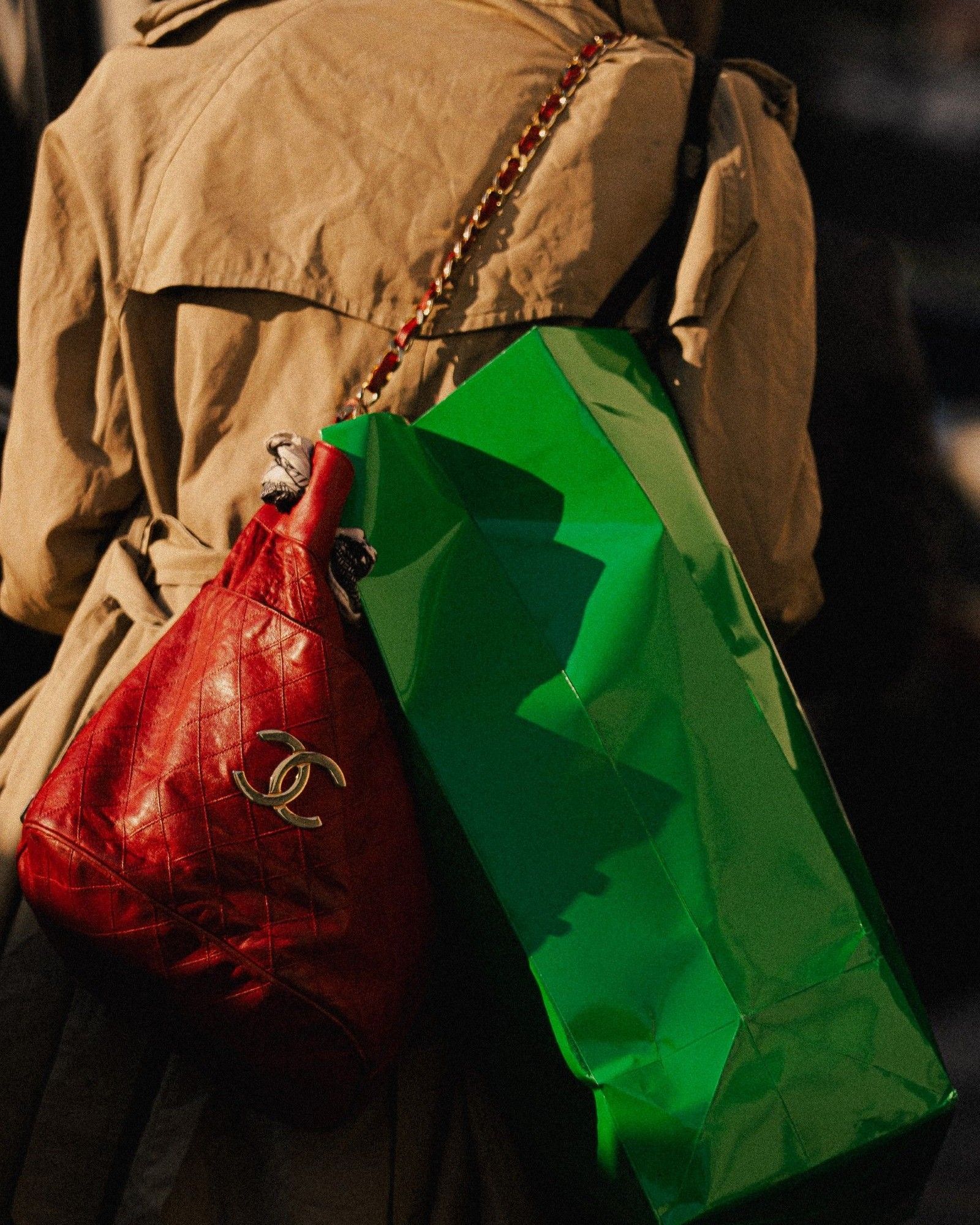
The luxury resell market is growing strong And brands should take advantage of that
According to two surveys for 2018 and 2019 by the Boston Consulting Group, the luxury resell market is growing and will continue to grow by an average of 12% each year, while the primary luxury market has an average annual growth of 3%. The total size of the personal luxury market is expected to range from 330 billion in 2018 to 361 billion by 2021, while the size of the second-hand market will range from 22 billion to 31 billion in the same period. This means that turnover from the so-called secondary market has a growth rate four times higher than that of the primary market, although it does not exceed it in volume. 40% of the goods sold consist of handbags, 16% in clothing and 13% in leather goods. Watches, shoes, accessories and jewelry occupy the rest of the market with smaller percentages. The five most popular brands in the secondary market are in the order Alexander McQueen, Mulberry, Givenchy, Marc Jacobs and Balenciaga.
Young people dominate the resell market. 54% of Generation Z and 48% of millennials buy second-hand luxury products, compared with 38% for Generation X and 35% for Baby Boomers. The growth of the secondhand luxury market are due to four factors: a better perceived quality/price ratio, greater transparency and efficiency due to the emergence of specialized online platforms that also guarantee the authenticity and quality of the purchased goods, the attention of young people to the issues of sustainability and ethical production and easy access to a wide range of products that also includes sold-out, out of production or limited edition items.
According to the survey, 59% of luxury consumers, both in the primary and secondary markets, say they are strongly influenced by the theme of sustainability. Among secondhand customers, 17% say they prefer resell and upcycling because they are more eco-friendly. The secondary market helps to extend the life of products and generate a circular economy model. According to the environmental group WRAP, quoted in the report, "extending the life of clothes, actively using them for only nine months, would reduce the ecological footprint of each by 20-30%".
This concern for the environment is accompanied by another need. The report documents how social media and influencer marketing are altering the perception of luxury product ownership. According to the report's data, the constant flow of promotional products and content through social media, makes luxury consumers lose the desire to own certain products forever, prompting them to feed both markets, primary and secondary, with their purchases and sales, respectively.
Secondhand luxury sellers are in fact all consumers in the primary market. According to the survey conducted on Vestiaire Collective, the most used online platform for the purchase of luxury secondhand products, 70% of sales of second-hand goods are generated by consumers who only in 20% of cases shop in the secondary market. The ability to recoup some of their expenses also drives "primary" consumers to spend more. In fact, 44% of sellers say they buy more expensive goods thanks to the presence of the resell market, which increases their purchasing power and consequently stimulates the growth of the primary market.
The fact that the resell market is growing so much gives luxury brands a number of business opportunities, as the report suggests. Establishing resell services run by the same brands would, for example, allow to attract new customers and build the loyalty of the old ones, all while ensuring the authenticity of the goods and supporting sustainable consumption and circular economy while fighting counterfeited gooda. Another opportunity is the organization of events and collaborations that support current production and archival products to celebrate their tradition. In addition, through these activities, you could get marketing data that could help brands discover trends and better position themselves in the market






































































